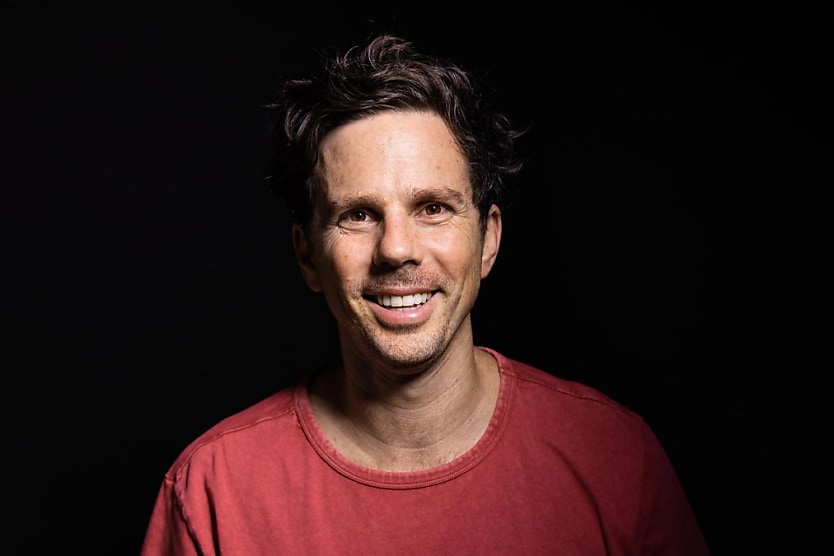Young Australians value inheritance over hard work
SHARE THIS ARTICLE

A growing number of Gen Z and Millennials are looking at investing over career progression as the economy causes success disillusionment to rise, a new report has revealed.
Financial tech company Stake released its Ambition report 2025, which comprised data from a survey in May 2025 of over 2,000 non-retired Aussies over 18. This research explored changing attitudes among younger Australians to the way that they want to earn their money.
Amid workforce issues such as inequality, burnout, discrimination, AI change management, and engagement, younger generations turn to investment second to inheritance when thinking about their financial future – putting strain not only on the workforce but also on the attitudes of younger workers witnessing these trends.
Age determinants
According to its research, only one in five (19 per cent) respondents in the Boomer generation (Boomers) said that hard work is less important than inheritance – this sits in contrast with more than half of Gen Zers (55 per cent) and Millennials (49 per cent) who said the same.
Despite these figures, the survey revealed that younger generations are turning to the share market to overcome financial pressures – six in 10 Gen Zers and Millennials invest, which is 25 per cent higher than Gen X and Boomers, it found.
Among respondents active in the share market, a similar trend in confidence remained – over one in two Gen Zers and Millennials made nearly 24 trades in a year, compared to most boomers (69 per cent) who made less than three in the same time frame.
Worker attitudes
Further, the research found that investors are 74 per cent more likely to believe they can afford a home on their own, compared to non-investors – this shows that compared to non-investors, investors reaped benefits both in financial standing and confidence, the company added.
Investors were found to gain a stronger sense of optimism and agency from their financial progress – investors were 41 per cent more likely than non-investors to feel that they could achieve financial success, the report said.
Interestingly, the report revealed that seven in 10 Gen Zers and Millennials placed asset ownership – including shares and property – over career progression, when it comes to financial success.
Its responses also highlighted that investors were more influenced by the financial habits of their friends (36 per cent) than their family (32 per cent).
The Behavioural Architects managing director, Sam Paul, said: “This data reveals a psychological shift in who we trust for financial guidance, as the traditional playbook that worked for our parents feels unrelatable in today’s economy.”
Barriers to trading
Nearly half of Australians are non-investors, the research findings showed – this group attributed their inability to invest to several barriers that prevented them from making the leap.
Based on its data, confidence was shown to be a key barrier for women – almost one in three (32 per cent) women struggled to make investment decisions due to fear, compared to 22 per cent of non-investor men.
Within the non-investor group, 56 per cent said lack of funds was a primary barrier to investing – despite one in three (36 per cent) non-investors having a salary over $151,000 – this shows that “despite the money being there, the ambition is not”, Stake said.
Stake founder and chief executive Matt Leibowitz (pictured) said: “This research highlights Australia needs to better equip everyone so they feel confident to invest. Particularly in a tough economic environment where more and more Aussies are feeling left behind.”
Although non-investor women experienced lower confidence in their investment decision making than men, Stake discovered that marriage had a positive impact on conversion for non-investor women – this suggests that a shared financial future and mutual financial goals are a potential catalyst to start investing, it said.
Paul said: “Seeing friends and colleagues navigate the same challenges and still make financial progress provides powerful, relatable proof that it’s possible to get ahead, giving people the confidence to back themselves.”
Leibowitz said: “Taking control of your finances through investing is more than just a path to financial stability; it’s a way to build resilience and optimism.”
Carlos Tse
Carlos Tse is a graduate journalist writing for Accountants Daily, HR Leader, Lawyers Weekly.

